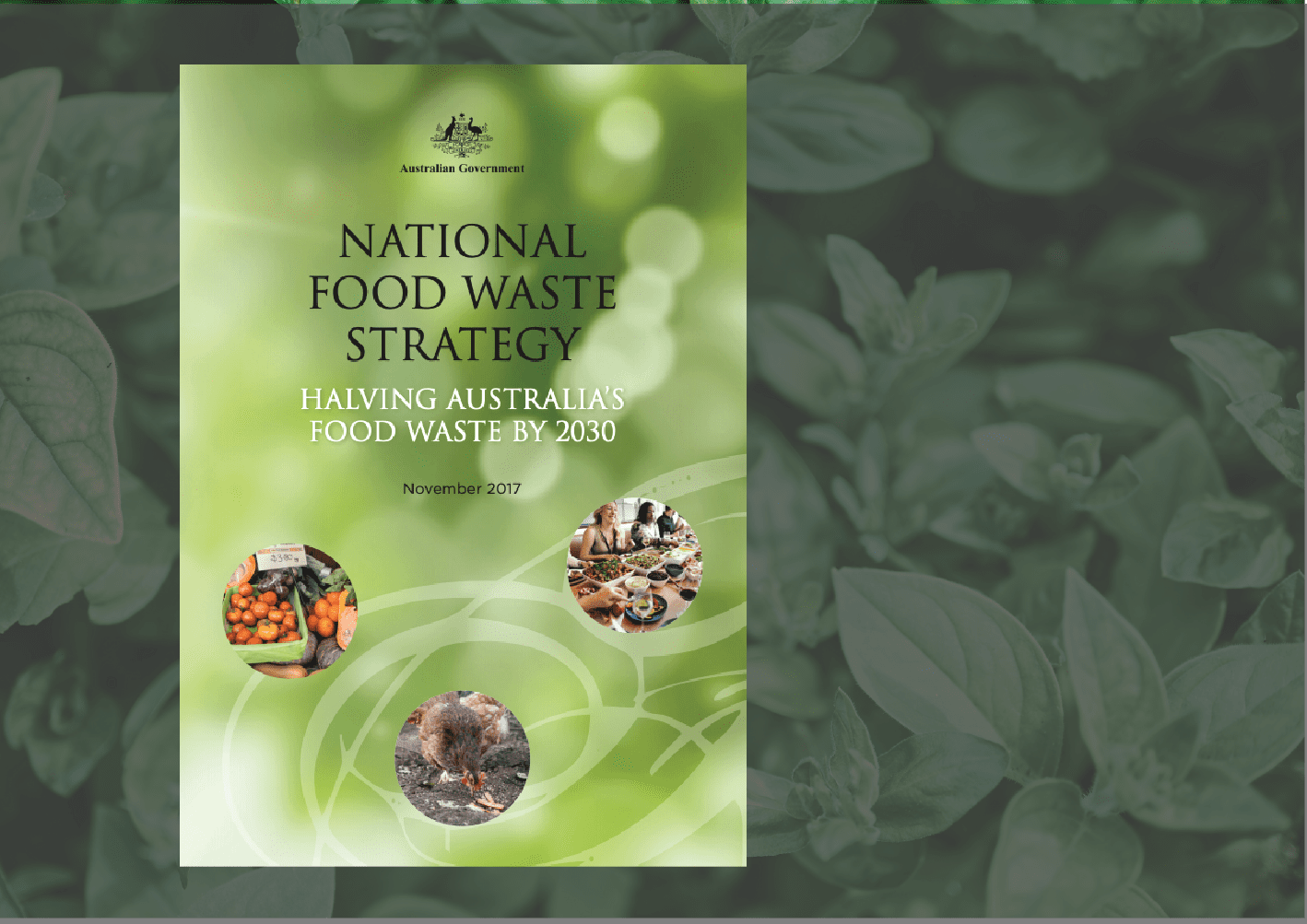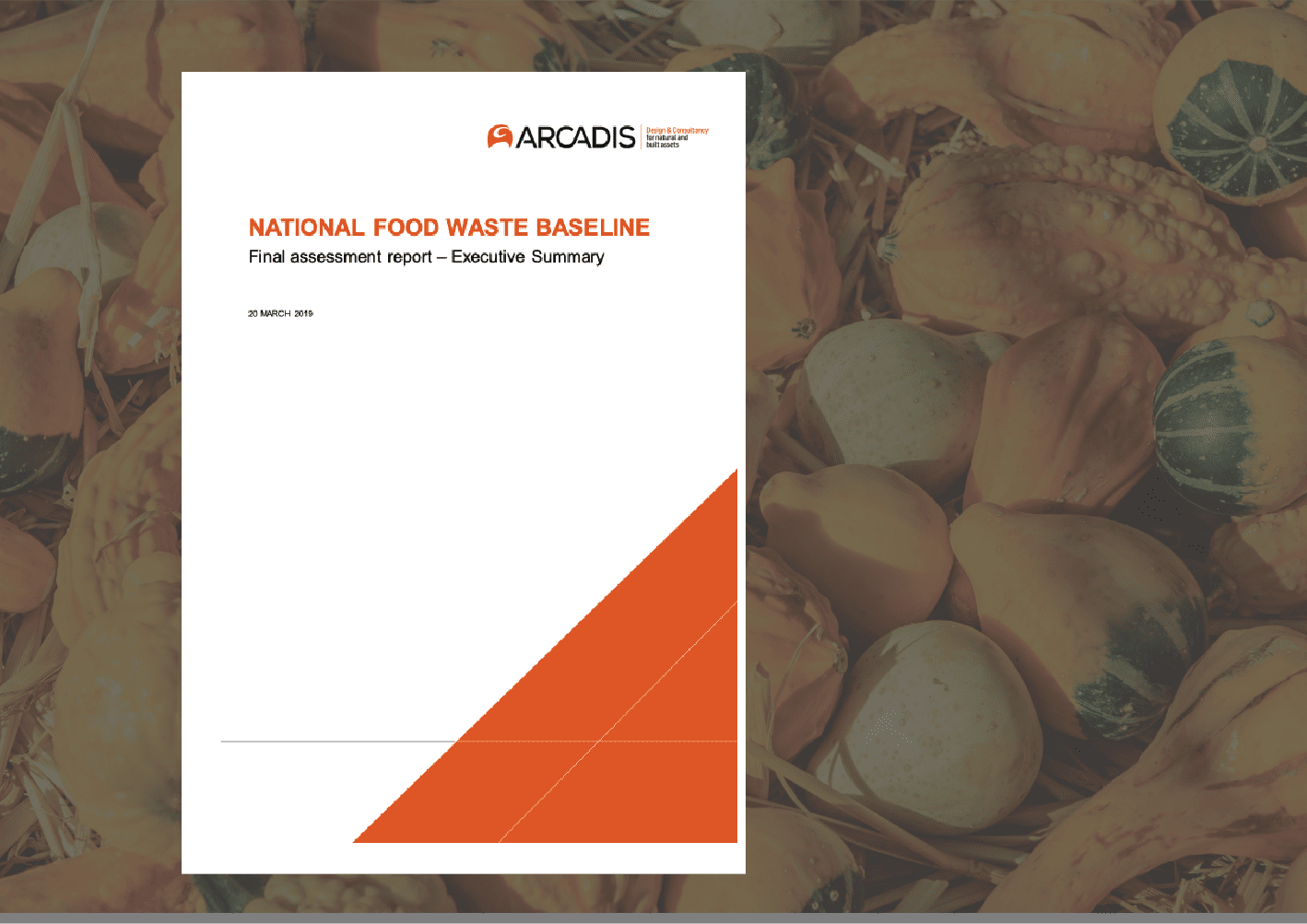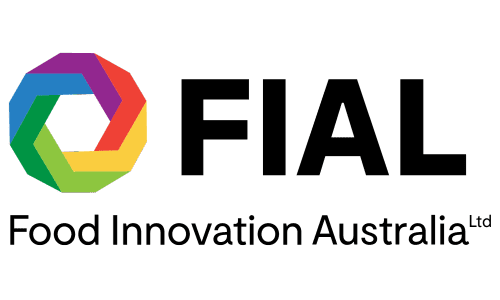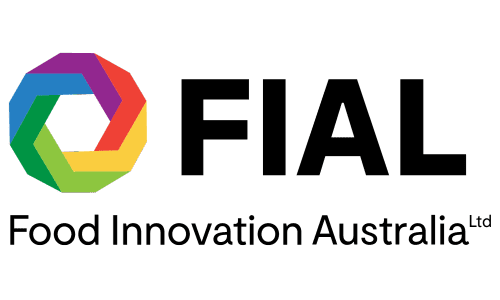The cost of food waste to the Australian economy is $36.6 billion a year
The cost of food waste to the Australian economy is $36.6 billion a year
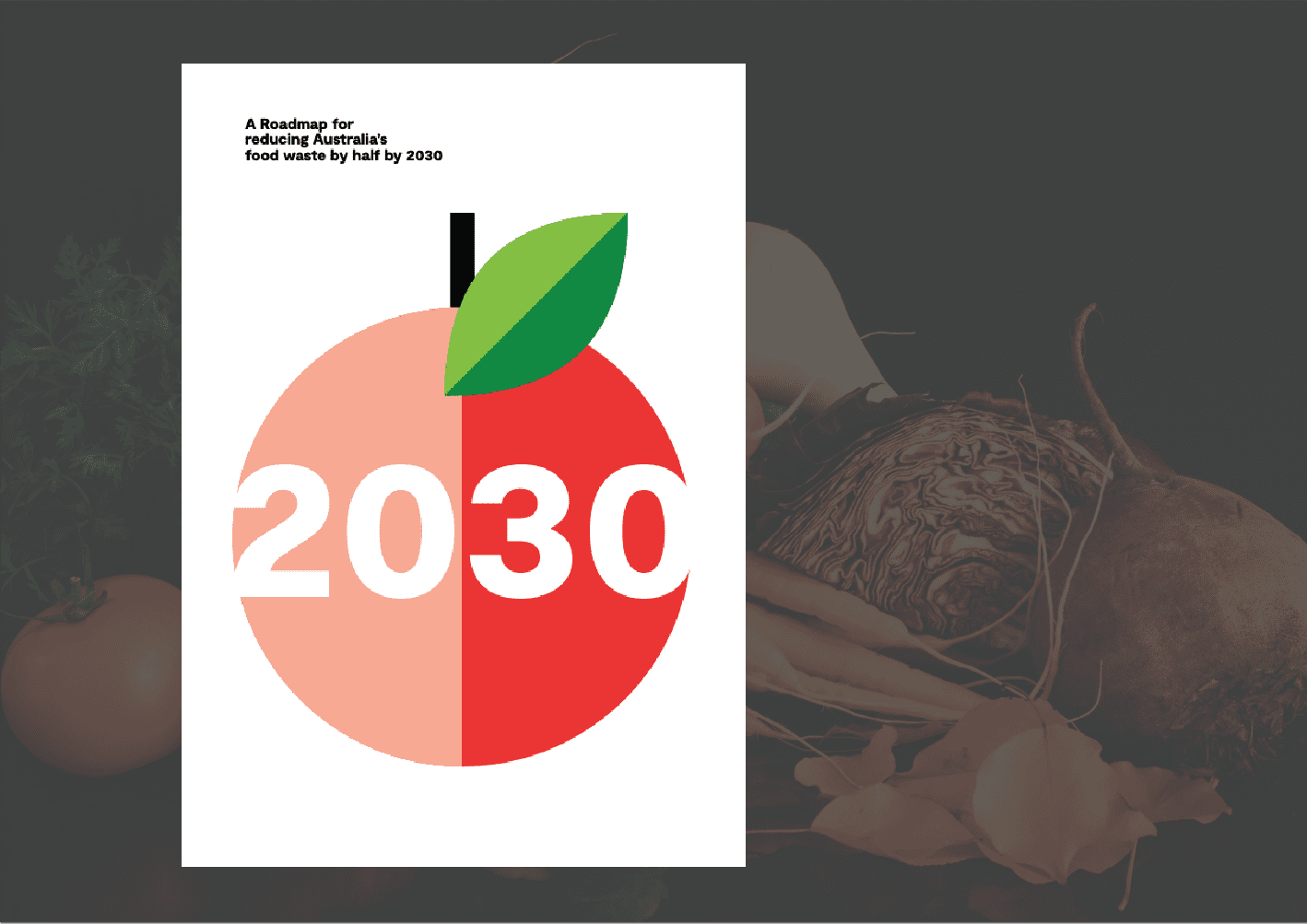
Food waste is a global challenge that has environmental, economic and social impacts. In 2017, the Australian Government committed to halving food waste in Australia by 2030.
Food Innovation Australia Limited (FIAL) was contracted by the Australian Government to develop ‘A Roadmap for reducing Australia’s food waste by half by 2030’, which was published in January 2020.
Is it feasible to halve Australia’s food waste by 2030?
Is it feasible to halve Australia’s food waste by 2030?
NFWS Feasibility Study: Data Dashboard
This interactive dashboard has been designed to enable industry and government stakeholders to interrogate and filter the Study’s data from the baseline, hotspots and scenario analysis and extract key insights relevant to a specific sector, commodity, or intervention type.
Resources


